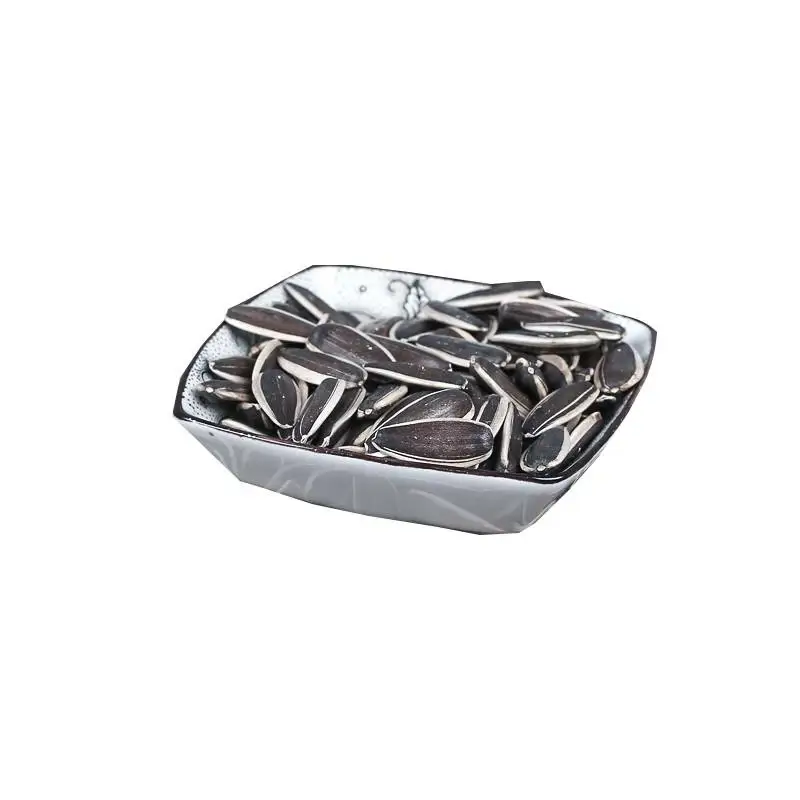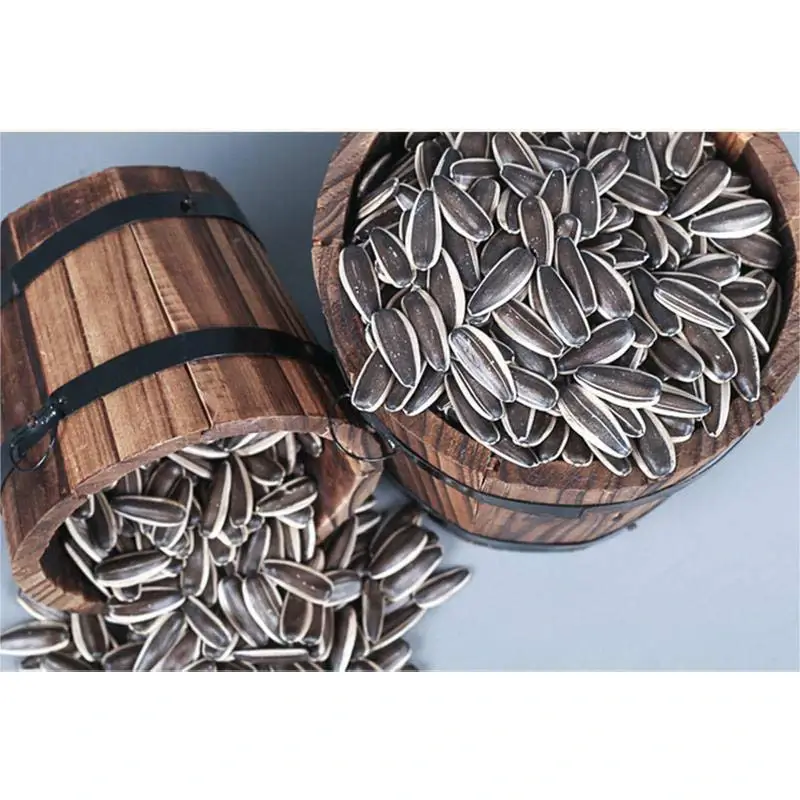-
 Afrikaans
Afrikaans -
 Albanian
Albanian -
 Amharic
Amharic -
 Arabic
Arabic -
 Armenian
Armenian -
 Azerbaijani
Azerbaijani -
 Basque
Basque -
 Belarusian
Belarusian -
 Bengali
Bengali -
 Bosnian
Bosnian -
 Bulgarian
Bulgarian -
 Catalan
Catalan -
 Cebuano
Cebuano -
 Corsican
Corsican -
 Croatian
Croatian -
 Czech
Czech -
 Danish
Danish -
 Dutch
Dutch -
 English
English -
 Esperanto
Esperanto -
 Estonian
Estonian -
 Finnish
Finnish -
 French
French -
 Frisian
Frisian -
 Galician
Galician -
 Georgian
Georgian -
 German
German -
 Greek
Greek -
 Gujarati
Gujarati -
 Haitian Creole
Haitian Creole -
 hausa
hausa -
 hawaiian
hawaiian -
 Hebrew
Hebrew -
 Hindi
Hindi -
 Miao
Miao -
 Hungarian
Hungarian -
 Icelandic
Icelandic -
 igbo
igbo -
 Indonesian
Indonesian -
 irish
irish -
 Italian
Italian -
 Japanese
Japanese -
 Javanese
Javanese -
 Kannada
Kannada -
 kazakh
kazakh -
 Khmer
Khmer -
 Rwandese
Rwandese -
 Korean
Korean -
 Kurdish
Kurdish -
 Kyrgyz
Kyrgyz -
 Lao
Lao -
 Latin
Latin -
 Latvian
Latvian -
 Lithuanian
Lithuanian -
 Luxembourgish
Luxembourgish -
 Macedonian
Macedonian -
 Malgashi
Malgashi -
 Malay
Malay -
 Malayalam
Malayalam -
 Maltese
Maltese -
 Maori
Maori -
 Marathi
Marathi -
 Mongolian
Mongolian -
 Myanmar
Myanmar -
 Nepali
Nepali -
 Norwegian
Norwegian -
 Norwegian
Norwegian -
 Occitan
Occitan -
 Pashto
Pashto -
 Persian
Persian -
 Polish
Polish -
 Portuguese
Portuguese -
 Punjabi
Punjabi -
 Romanian
Romanian -
 Russian
Russian -
 Samoan
Samoan -
 Scottish Gaelic
Scottish Gaelic -
 Serbian
Serbian -
 Sesotho
Sesotho -
 Shona
Shona -
 Sindhi
Sindhi -
 Sinhala
Sinhala -
 Slovak
Slovak -
 Slovenian
Slovenian -
 Somali
Somali -
 Spanish
Spanish -
 Sundanese
Sundanese -
 Swahili
Swahili -
 Swedish
Swedish -
 Tagalog
Tagalog -
 Tajik
Tajik -
 Tamil
Tamil -
 Tatar
Tatar -
 Telugu
Telugu -
 Thai
Thai -
 Turkish
Turkish -
 Turkmen
Turkmen -
 Ukrainian
Ukrainian -
 Urdu
Urdu -
 Uighur
Uighur -
 Uzbek
Uzbek -
 Vietnamese
Vietnamese -
 Welsh
Welsh -
 Bantu
Bantu -
 Yiddish
Yiddish -
 Yoruba
Yoruba -
 Zulu
Zulu
Jun . 08, 2025 17:03 Back to list
Premium Sunflower Seeds Quality Products & Exporters

(sunflower seeds)
The Global Impact and Production Data of Sunflower Seeds
Sunflower seeds represent a $20 billion global industry with production concentrated in Ukraine (27%), Russia (25%), EU (18%), and Argentina (15%). These oil-rich seeds contain 50-55% premium oil content by weight, with 2023 seeing a 12% year-over-year increase in crushing plant demand. From baking to biofuel sectors, this protein powerhouse (21g per 100g serving) has driven export volumes to record levels despite geopolitical and climate challenges.
Technical Specifications and Processing Advantages
Premium sunflower seeds
undergo triple-density separation achieving 99.9% purity standards. Modern processing combines electrostatic hulling with optical sorting technology to maintain nutritional integrity while removing foreign materials. Advanced dehulling systems achieve 85-92% kernel recovery rates, significantly higher than traditional methods. Continuous-flow fluidized bed roasting preserves the Vitamin E complex (33% DV per ounce) while optimizing shelf life through oxygen-scavenger packaging.
Leading Manufacturer Capability Comparison
| Manufacturer | Annual Volume | Processing Tech | Global Certifications | Moisture Control |
|---|---|---|---|---|
| Kernel Group | 500,000 MT | Dry Steam Sterilization | ISO 22000, FSSC 22000 | ±0.5% accuracy |
| Optimus Agro | 380,000 MT | Cryogenic Separation | BRCGS AA Grade | ±0.8% accuracy |
| Agrofusion LTD | 290,000 MT | Infrared Hulling | HALAL, KOSHER | ±1.2% accuracy |
Bulk Export Specifications and Logistics
Export-grade sunflower seeds meet strict ICC standards: minimum 98% purity, 7% maximum moisture content, and 2% maximum broken kernel allowance. Bulk shipments utilize specialized atmosphere-controlled containers maintaining 15°C at 55% humidity during transit. Custom vacuum-sealed 25kg poly-lined sacks prevent oxidation during maritime transport, with RFID temperature monitoring ensuring quality compliance throughout 60-day transit windows.
Industrial-Scale Processing Solutions
Modern crushing facilities operate with 200-300 MT/hour throughput capacities using hexane-free expeller presses. Continuous mechanical extraction systems yield 92-95% oil recovery while cold-press variants maintain 100% tocopherol retention. Automated grading lines incorporate near-infrared spectroscopy to simultaneously analyze protein (range: 18-23%), oil (50-54%), and moisture (6-8%) parameters in real-time with ±0.25% measurement precision.
Application-Specific Product Development
Specialized formulations now dominate premium markets:
- Snacking sector: Low-oleic (68-72%) varieties with optimized sodium adhesion
- Bakery industry: Ultrafine 300-micron flour with binding properties
- Plant protein: 85% concentrate isolates with reduced phytic acid
- Pet nutrition: Dehulled pellets with probiotic coatings
Global Distribution Channels for Sunflower Seeds
Leading exporters leverage blockchain-tracked supply chains through Rotterdam (EU), Odessa (Black Sea), and Rosario (Argentina) hubs. The sector maintains strategic buffer stocks equivalent to 18 weeks' global consumption, ensuring market stability. Export documentation now integrates phytosanitary certificates with QR-code traceability, meeting upgraded EU and ASEAN regulatory requirements. Futures contracts at MATIF Paris exchange show 16.4% year-on-year increased participation, indicating sustained market confidence.

(sunflower seeds)
FAQS on sunflower seeds
Q: What are sunflower seeds?
A: Sunflower seeds are the edible kernels harvested from sunflowers, often sold raw or roasted for snacking. They are popular for their nutty flavor and versatility in recipes.
Q: What types of products feature sunflower seeds?
A: Sunflower seeds are included in snacks like trail mixes, baked goods such as bread, and oils for cooking. Many packaged foods highlight them for their nutritional benefits and appeal.
Q: Who are the leading manufacturers of sunflower seed products?
A: Top manufacturers include companies like Conagra Brands, Blue Diamond Growers, and large agribusinesses. They produce and distribute seeds globally for retail and industrial use.
Q: Which countries are key exporters of sunflower seeds?
A: Major exporters include Ukraine, Russia, Argentina, and the United States. Their favorable climates and farming practices make them dominant players in international seed trade.
Q: How do sunflower seeds benefit consumers and industries?
A: Sunflower seeds offer health advantages like vitamin E and antioxidants for diets. They also drive economies through manufacturing and exporting, supporting food and oil sectors.
-
Premium Quality Pistachios - Fresh, Healthy & Delicious Nuts
NewsJul.24,2025
-
Premium Crab Sticks – Delicious, Easy-to-Use Seafood Snack
NewsJul.23,2025
-
Buy Bulk Sunflower Seeds Exporter – Premium Quality & Competitive Price
NewsJul.22,2025
-
Premium Melon Seeds | Nutritious Snack & Baking Ingredient
NewsJul.22,2025
-
Bulk Sunflower Seeds Suppliers | Wholesale & Export
NewsJul.21,2025
-
High-Precision Industrial Sensors for Reliable Automation Solutions
NewsJul.21,2025
